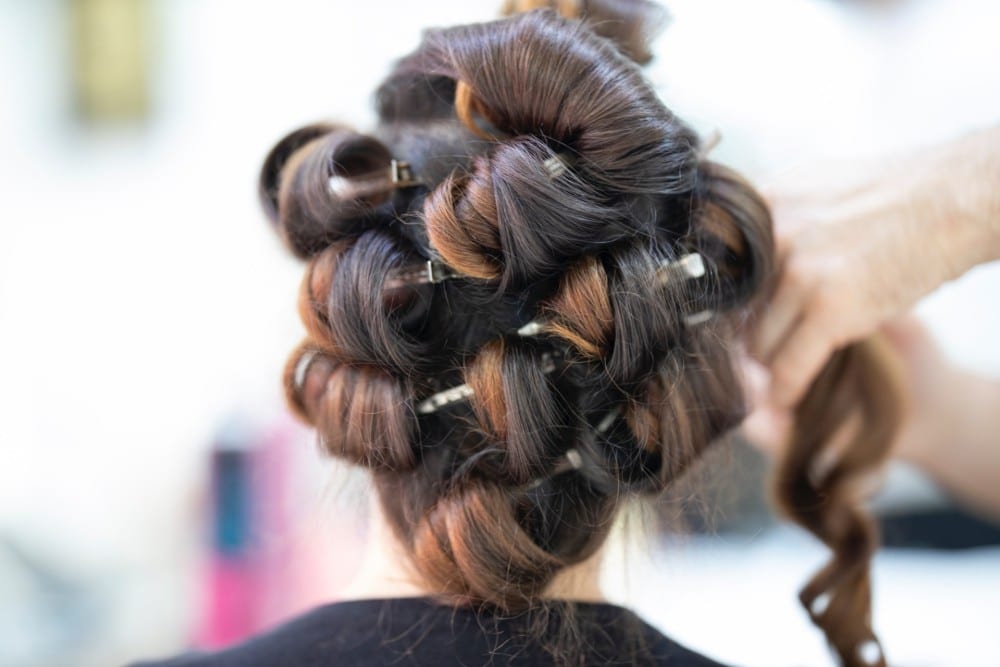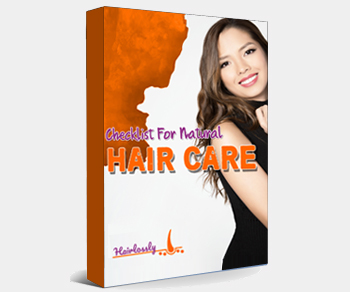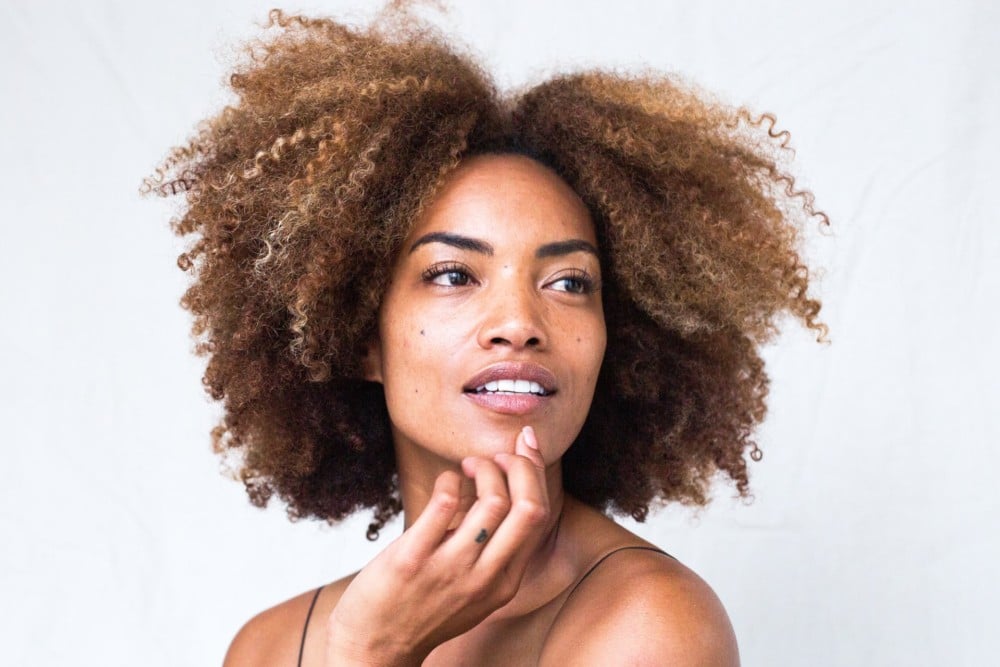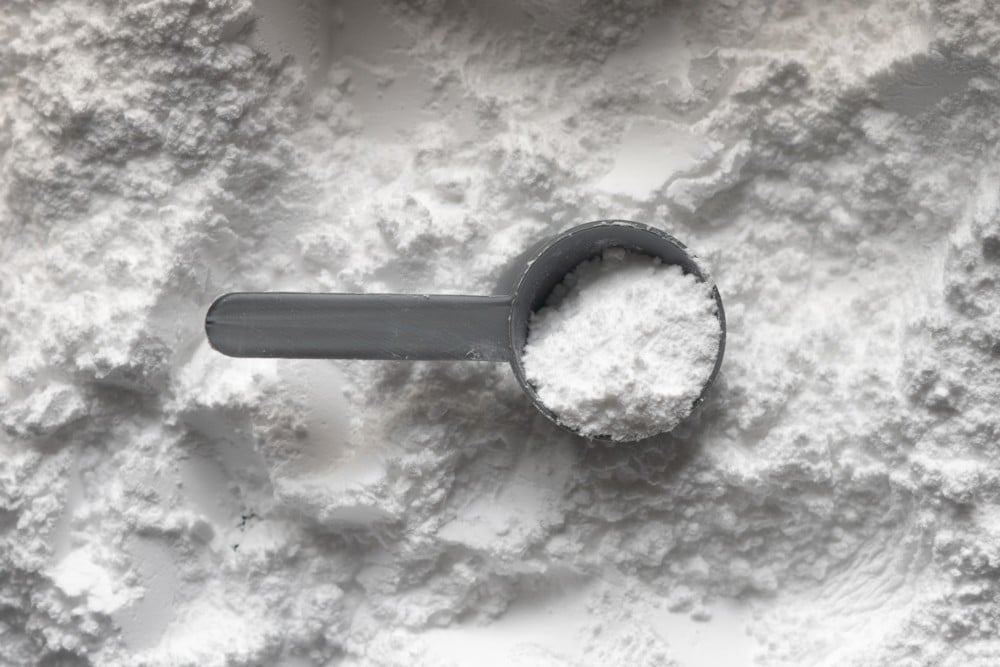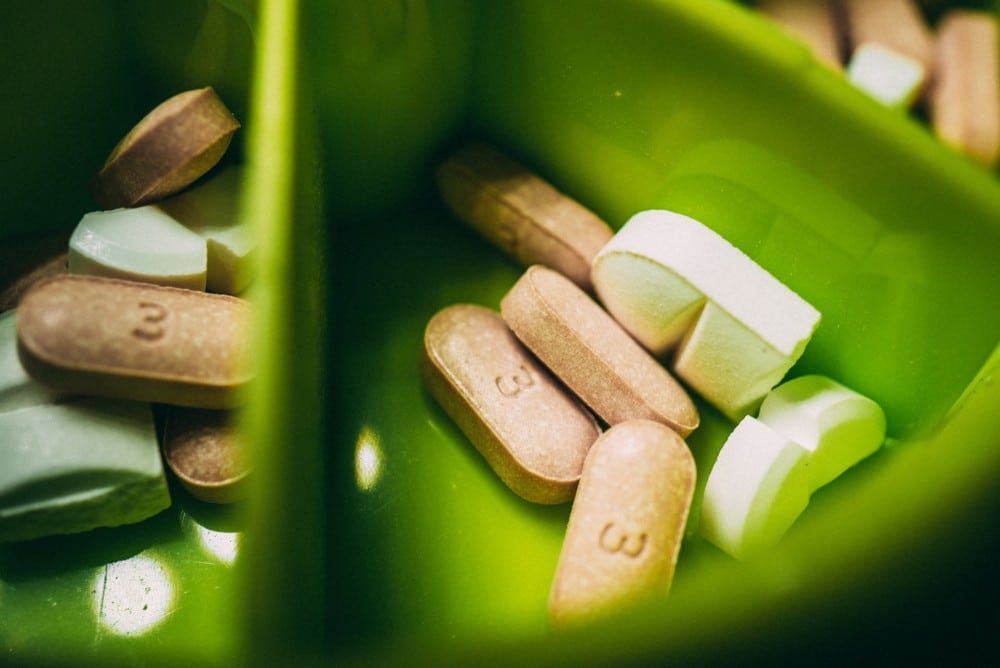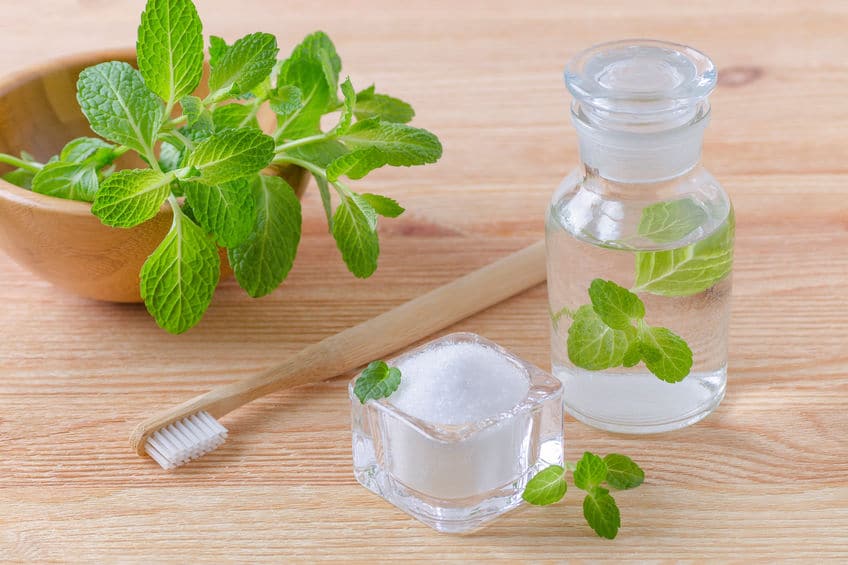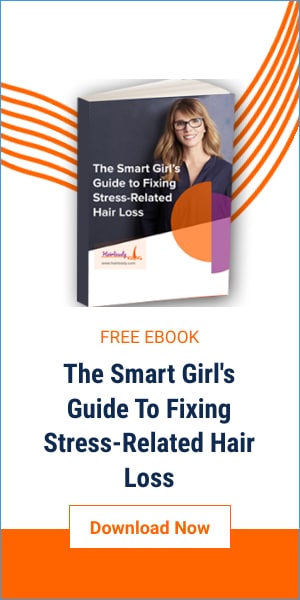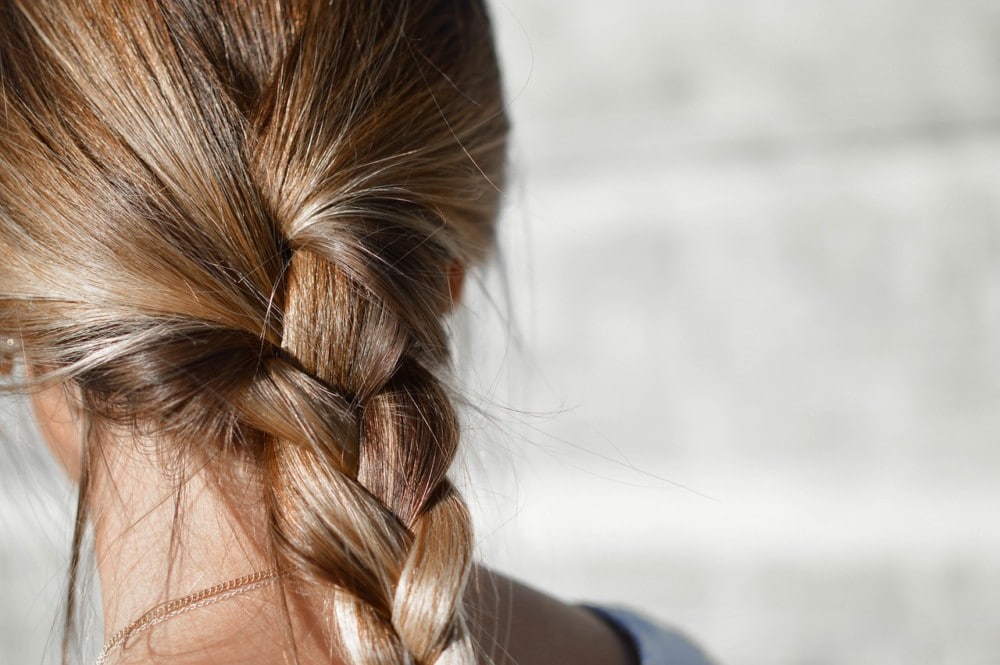While reading ingredients on the label of your shampoo or conditioner, you may have come across the word “dimethicone.” This is a silicone-based polymer. It is a synthetic ingredient and perhaps that’s why it is surrounded by controversies.
People promoting the use of natural-based products look down upon this ingredient. But you would be surprised to know that dimethicone is an integral part of your life. It is in your shampoos, conditioners, skin care products, makeup, hair dyes, baby oils, skin moisturizers, body washes, cleansers, bath oils, primers, and tanning products!
In 2019, the FDA recorded 12,934 daily use products that contained dimethicone!
Why manufacturers love dimethicone?
Dimethicone is an emollient. It possesses conditioning and anti-caking properties. It gives smooth, silky texture to a cream or shampoo. That’s why when you use a foundation containing this ingredients, your skin becomes silky to touch. When used in hair shampoos, it renders hair extra silky and shiny.
However, dimethicone is insoluble in water.
And this is where all the trouble starts.
Using hair products containing dimethicone regularly can lead to a buildup of this synthetic ingredient on your scalp. This can choke follicles over time. As a result, it can trigger hair loss.
So, for those wondering, “can dimethicone cause hair loss,” the answer is “yes.” But it won’t cause your hair to fall in a single or short-term use.
In fact, if we analyze the ingredient, we will find that dimethicone, in itself, is not a harmful ingredient. On the other hand, it is non-comadogenic, which means it does not clog pores. It is non-sticky. It helps to trap moisture in skin or hair. It helps to give skin a fresher, plumper look. It renders hair shiny and silky.
So, overall, this ingredient does not mean to harm your hair or skin in any way.
The only harm that happens is when this ingredient accumulates on the skin. And if it does on scalp skin, it may hinder normal follicle functioning over time.
It is impossible to wash off dimethicone from hair because it is not soluble in water.
The truth about dimethicone
According to experts, dimethicone is not the direct cause of hair fall, but the buildup of this ingredient can cause hair fall.
Dimethicone is a silicone and the basic nature of a silicone is to repel water. Their work is to seal cuticles and trap in moisture to give hair a smooth, silky appearance.
But you must remember that:
- Too much use of dimethicone-containing hair product will prevent absorption of water in cuticles. This will, eventually, dry out hair, as they can’t take in water for hydration.
- Over time, silicone buildup can weigh hair down. This can hinder in normal styling and can give your hair a lame look.
How to remove dimethicone from hair?
Although the ingredient won’t be removed through a rinse with water, it is still easy to remove it.
Use a clarifying shampoo. Yes, we know it can be a bit harsh to hair due to its sulfate-content, but it is better to use it once and get rid of all the dimethicone sticking on your hair.
For regular use, invest in a good sulfate-free, keratin-infused shampoo that contains more of natural-based ingredients than synthetic ones. You can also try the Wigs and Hairpieces by Bono Hair.
If you don’t like the idea of using harsh clarifying shampoo, do any of the following:
Take ¾ cup of baking soda. Apply it on wet hair strands. Leave on for a while. Rinse well. Conditioner hair with a dimethicone-free conditioner, if needed. Do this every two weeks for complete removal of buildup.
Mix two cups of vinegar in two cups of cool water. Add a few drops of fresh lemon juice. Use this solution as a rinse immediately after shampooing. But do not rinse it with water. Let your hair dry. Vinegar will evaporate and your hair will be fresh and lovely. No conditioning is required. Do this every 15 days.
Watch out for common variations of dimethicone on your product label:
- Dimethicone copolyol
- Simethicone
- Dimethiconol
- Phenyl dimethicone
- Vinyl dimethicone
- Acrylates
- PEG/PPG-18
- Lauryl PEG-9 polydimethylsiloxyethyl dimethicone
- Vinyltrimethylsiloxysilicate crosspolymer
And if you cannot pronounce the last two ones in one go, how can you let your poor tresses tolerate the synthetic chemical!
Scott Vance
Her contributions on several hair care forums and blogs attract a huge number of readers because they find her solutions effective and simple. Scott has started sharing her expertise on Hairlossly also now.

